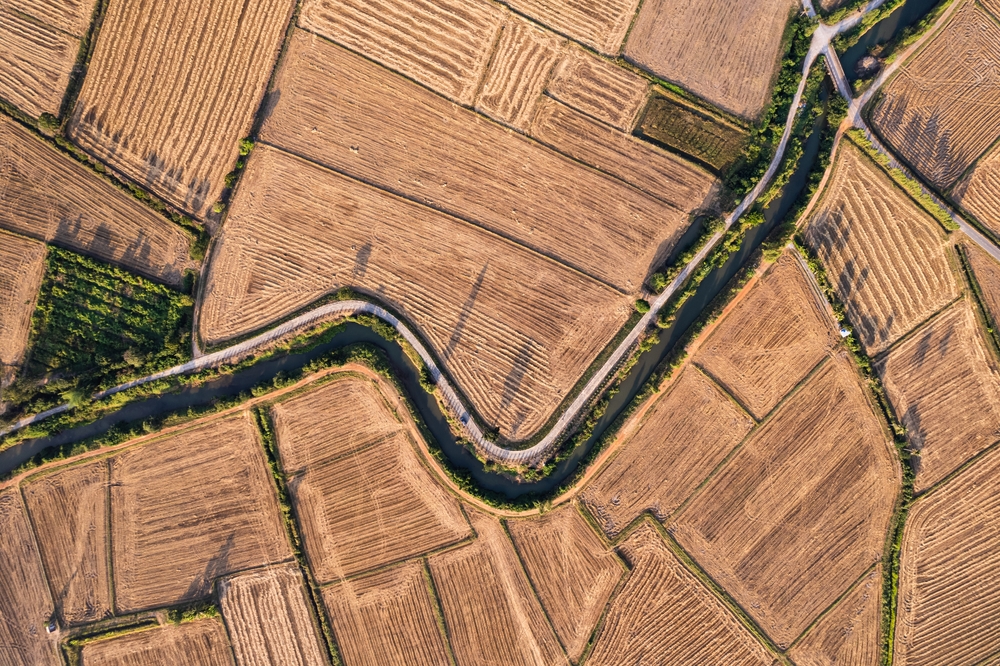
Water shortage
According to a new study published in the American Geophysical Union journal Earth’s Future, it means a major increase in water scarcity problems. Researchers predict that, by 2050, agricultural water scarcity across the world’s croplands will increase by more than 80 percent.
Highlights
- Researchers predict that shifting precipitation patterns and evaporation due to rising temperatures will cause about 16 percent of global croplands to experience water scarcity due to changes in available green water—or water within the soil.
AI generated version
Water scarcity has been an ongoing problem for many regions around the world, and it's only getting worse. According to a new study published in the American Geophysical Union journal Earth’s Future, agricultural water scarcity across the world's croplands will increase by more than 80% by 2050. This means that shifting precipitation patterns and evaporation due to rising temperatures will cause about 16% of global croplands to experience water scarcity due to changes in available green water or water within the soil.
The study is the first to assess how the combination of changes in precipitation and temperature will affect the water resources available to crops. The findings suggest that there is an urgent need for action to manage water resources and promote water-efficient practices to minimize the impacts of water scarcity on food production.The impact of agricultural water scarcity is not limited to crop production. It can also affect the livelihoods of farmers, exacerbate poverty, and cause conflicts over water resources. As the world's population continues to grow, and as climate change exacerbates existing water scarcity problems, it is essential to develop sustainable and resilient water management practices.There are some promising solutions on the horizon. For example, precision irrigation systems that use sensors to measure soil moisture and adjust water application accordingly can help conserve water while maintaining crop yields. Additionally, increasing the use of drought-tolerant crops and improving soil health can help crops better withstand water scarcity.The study highlights the urgent need for action to address the growing water scarcity problem. Governments, farmers, and industry leaders must work together to promote sustainable water management practices, invest in water-efficient technologies, and develop policies to ensure that water resources are used in a sustainable and equitable manner. By taking these steps, we can help ensure that the world's agricultural systems remain productive, resilient, and sustainable in the face of growing water scarcity challenges.